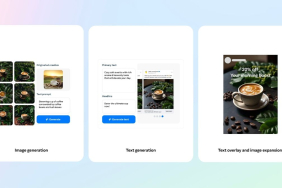WhatsApp for Android is reportedly exploring a new gesture feature aimed at enabling quicker message reactions, according to a feature tracker. This upcoming functionality is anticipated to allow users to react to messages with a simple double-tap, which may trigger a default emoji response. This enhancement follows previous reports about a potential feature that could facilitate rapid reactions to received media, such as photos and videos, directly from the media viewer screen.
WhatsApp Message Reactions
WABetaInfo, a widely cited WhatsApp beta tracker, has noted that this feature for swift message reactions was identified in the latest beta version of the app, 2.24.16.7. If rolled out to users, it will allow them to quickly react by double-tapping messages, with a default ‘heart emoji’ likely appearing as the reaction, mirroring similar functionalities found in other Meta-owned platforms like Instagram and Facebook.
![]()
This feature aims to streamline the reaction process. Currently, users need to tap and hold on a message to select and react with the ‘heart’ emoji, but with the new double-tap function, this action could be accomplished much more swiftly.
At this time, the double-tap reaction feature appears to be limited to beta testers, as it remains under development. Users participating in the Google Play Beta program for Android may be the only ones able to access it in its current form.
Attempts by staff members at Gadgets 360 to verify the feature’s availability on the WhatsApp beta application for Android were unsuccessful.
Other Features
In addition to enhancing message reactions, WhatsApp is reportedly working on a variety of other features, including live transcription of voice messages and real-time message translation. Furthermore, the platform’s AI chatbot, named Meta AI, is set to receive additional functionalities, such as expanded language support and enhanced features like Imagine Edit and Imagine Me.
Moreover, users will soon have the opportunity to test the Llama 3.1 405B, the latest AI model from Meta, which the company claims is designed to better handle complex inquiries and advanced mathematical problem-solving.






